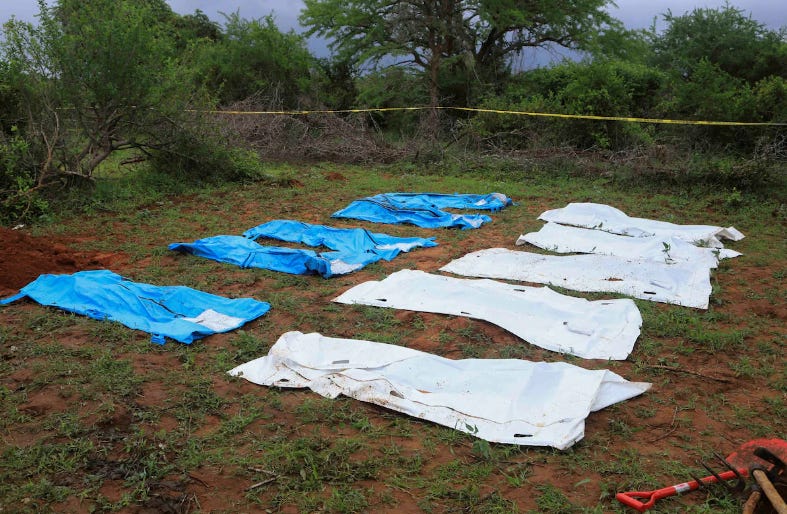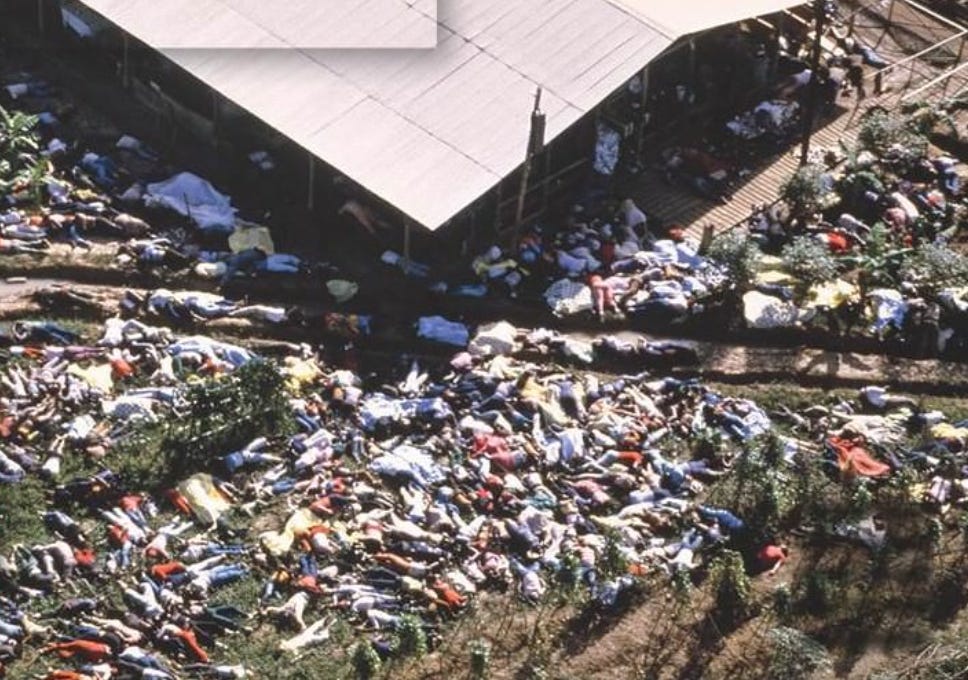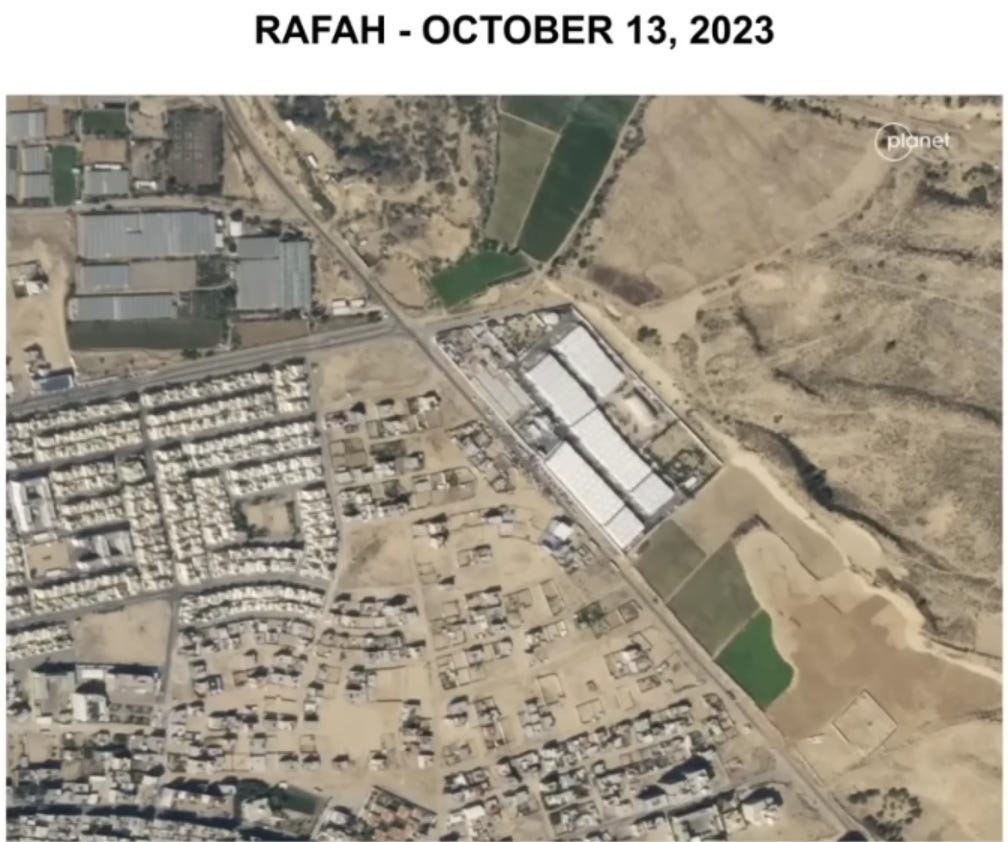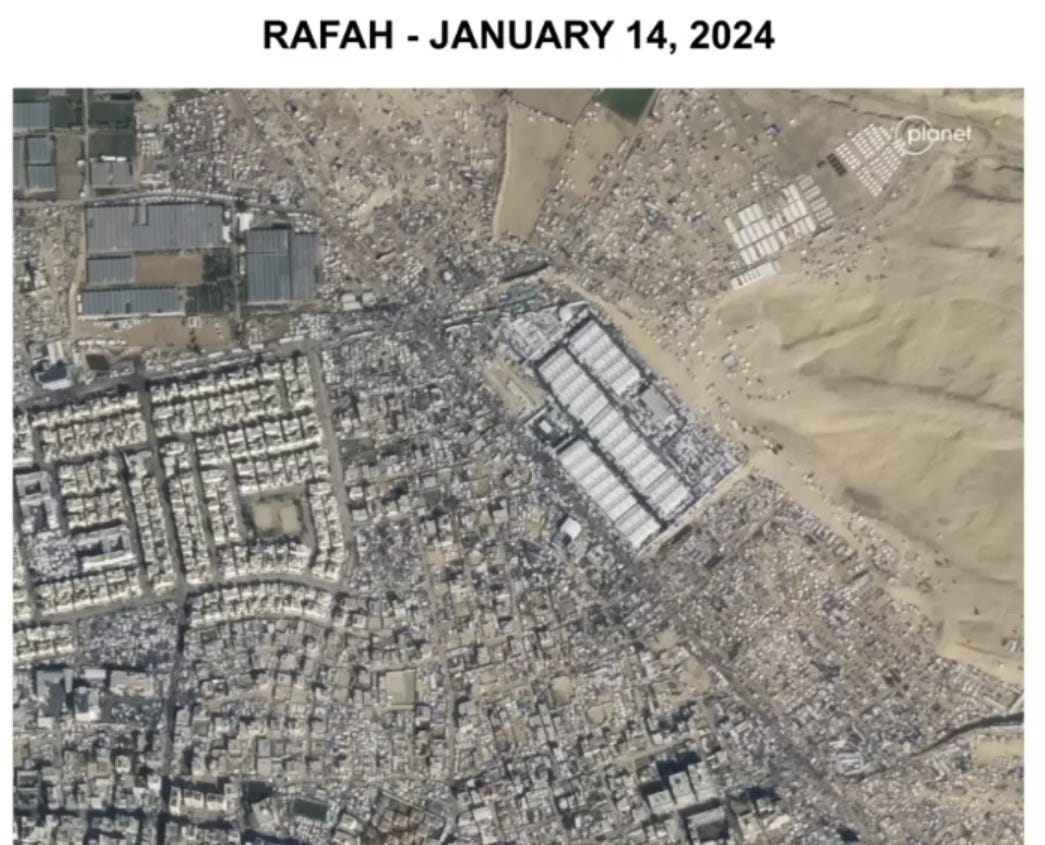I study cults for fun.
I should amend that: I study cults in my spare time. I can’t really say it’s pleasure reading, as I took up the practice in my quest to understand the nature of the MAGA movement (and, in particular, QAnon). However, the material has enriched my understanding of social mechanisms and has given me, someone whose background is in social science, a better vantage point from which to view human relations.
One cult phenomenon that I chanced upon is what I call redefinition. It’s been noted by many experts in the fields of sociology and social psychology that manipulations of language often occur in the context of a cult (alternately called a “high-intensity” or “high-devotion” group). Robert Jay Lifton, one of the first theorists in this vein, spoke of “loading the language,” a process whereby an everyday word is given additional layers of meaning, much like the lacquer of a pearl. These fresh facets of meaning are accessible only to those who have been trained (i.e., conditioned) to hear those new echoes.
Not only is this a surreptitious way of communicating private information in an otherwise open forum, it also creates, through language, a brighter boundary between ‘us’ and ‘them’: we have this special meaning—they don’t understand.
Loading the language is quite an important concept and, indeed, has moved into mainstream uses of the phrase. You’ll often come across an analysis of political language, especially populist language, where the analyst will point out words or catchphrases where there are multiple meanings existing simultaneously. Oftentimes these are described as dog whistles, though there are many other types of loaded language.
I began studying catastrophic cults last year, starting with Jonestown and moving through several others, including Waco (the Branch Davidians) and Heaven’s Gate. All three had different kinds of catastrophes, all leading to fatal results. Especially when taken one by one, Jonestown and Heaven’s Gate don’t seem to have much in common except for the way that they both ended. (Waco really stands on its own as far as cult endings go; it might be better classified as a police action gone bad, such as with MOVE in 1985.)
Yet Jonestown and Heaven’s Gate share another feature besides the mass suicide, which connects with this idea of redefinition. In fact, another, lesser-known cult employed something similar. This was the Shakahola starvation cult in Kenya that burst into headlines last spring, where the pastor of an evangelical Christian sect led his congregants into fasting until death. More than 400 people perished, including more than one hundred children (some of whom had shown signs of strangulation).
In the Shakahola cult, the pastor, Paul Nthenge Mackenzie, taught his congregants to associate these new practices with words that have universally positive meanings. Specifically, to starve in Mackenzie’s twist of language, was a “wedding.” Combined with his radical (some would say heretical) teachings, these changes in terminology undoubtedly had an effect on his followers, nudging them to view starvation in a new light, to see it as a social and spiritual good.
Burial site at Shakahola: a “wedding” venue.
This parallels what happened in both Jonestown and Heaven’s Gate. In Jonestown, during the last gathering, Jim Jones repeatedly drilled into his followers that what they would be undertaking was in essence “revolutionary” suicide, a blow against capitalism and all of the forces of repression. Even in this final act, Jones found it expedient to dress up his call of ultimate sacrifice in class terms, in an appeal to ideology.
Heaven’s Gate, a very different type of cult (one that focused on outer space, with the fundamental belief that the Hale-Bopp comet was a form of spiritual transport), also utilized language to alter the thought processes of its adherents. Marshall Applewhite, the leader of the group, created several videos of his messaging, and the members of his group also filmed themselves as they gave “exit videos” just before claiming their own lives. What stands out in these videos is that both Applewhite and many of his followers describe their flesh and blood bodies as mere “clothing,” implying that such could be removed and discarded at will.
Hoping to hitch a ride on a comet’s tail.
In each of these cases, the leaders bent language into new shapes, changing the connotations that normally accompany terms of death so that the act of death no longer produced such anxiety. Death, in each of these cases, was a celebration, a mighty strike, or something as simple as putting material away in a drawer after laundering. Death was something that could be approached, if not exalted.
Benjamin Netanyahu, prime minister of the state of Israel, has done something similar with language, and it’s taken me all of these weeks until just today to figure out what he’s doing.
Now, I will say right away that the language he’s using can easily be classified as standard military-speak. He’s painting military action within a frame of triumph. Again, that’s not new: that’s been going on since time immemorial. But it’s the context that draws my attention. What is going on right now is not normal.
It’s not normal because Netanyahu’s words come against the backdrop of genocide. The International Court of Justice has found sufficient evidence to determine that it’s plausible—not just possible, but it appears on the very face of things—that genocide is taking place in that tiny strip of the world. And so one must situate Netanyahu’s language against that and interpret what he says in sunken relief.
Israel plans an assault on the city of Rafah, where more than a million people who have been displaced from the north have become compressed in increasingly desperate conditions.
After promising that the southern part of the Gaza Strip would be safe, Israeli officials have turned their sights to Rafah as part of its final push (i.e., its effort to drive Palestinians out of the region).
Netanyahu, speaking to ABC’s This Week, told the audience that “victory is in reach.”
Well, in this context, we must ask: What is victory? How is victory being defined?
In a space where so many people—crowded, exhausted, traumatized, starving, wounded, thirsty, and ill, who had moved to Rafah, many by foot, in order to find safety in a verified hellscape—now face a blister of guaranteed slaughter, terror and brutality, what else is there to call ‘victory’ but a prettified word for murder?
Because that’s what genocide is. It’s mass murder, most often (but not always) committed by a state. Here it is certainly being committed by a state, conducted under the color of war.
We observers tend to accept the images that we see in this conflict because we are told over and over that what we’re seeing is a war, but in fact this is not and cannot be a war, because Israel is an occupying power. This is just sheer brutality. It’s murder.
We are being conditioned to accept what we see, because wars have victories. The language brings palatability. We swallow what Netanyahu feeds us. In Jonestown, it was a poisoned beverage. For Heaven’s Gate, they had a confection full of barbiturates. Here, we have sweet talk with hints of cyanide, that little almond twist that puts the lie to what Netanyahu is saying. He has redefined mass death as victory, just as much as starvation could be nuptials or the body a suit of clothes on a bone hanger.









